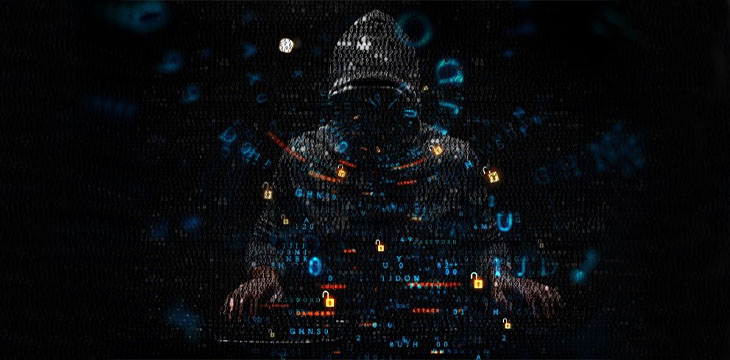|
Getting your Trinity Audio player ready...
|
North Korea has been identified as the major culprit in a string of digital currency theft across South Korea.
The disclosure was made in a detailed report by South Korea’s National Intelligence Service (NIS), showing North Korean hackers spirited away with over $620 million. The figure makes up over half of the amount South Korean entities lost to bad actors in the industry to North Korean criminal gangs at 55%, while bad Chinese actors accounted for only 4.7%.
To grapple with the growing threat, the NIS stated that it has beefed up its industry monitoring, effectively stifling hackers’ operations. As a result of the increased watch over the industry, the NIS identified that the country was averaging 1.18 million attacks each day from international hacking gangs.
“Even at this moment, numerous hacking organizations not only cause economic harm by stealing virtual assets but also threaten the safety and national security of our people, such as nuclear power plants and the defense industry,” said Baek Jong-wook, deputy director of the NIS.
Part of the reason for the successful halting of criminal hacking attempts is certain policies implemented by regulators. In 2021, South Korea launched new Know Your Customer (KYC) rules for the digital assets industry that required users to use the same name in both bank accounts and digital currency exchanges.
Exchanges require obtaining permission from the Financial Services Commission (FSC) before beginning their operations. The FSC’s requirements, including proof of reserves and separation of clients’ funds from the firm, have been hailed as one of the most stringent in the world.
North Korea’s hacking streak
Hacking gangs in North Korea have stolen billions in digital assets from individuals and entities worldwide. Elite hacking group Lazarus responsible for the cruel attacks on virtual currency funds using trojans, has been identified as operating out of the country.
There is speculation that the hacking groups are sponsored by the North Korean state, giving them access to state-of-the-art tools to raise foreign currency reserves in the face of debilitating economic sanctions.
Digital assets are not the only things of interest to the hackers, as traditional finance and nuclear research have been stolen by North Korean hackers. However, South Korea’s NIS has warned citizens to brace for more attacks in 2023 as malware becomes more sophisticated and techniques evolve.
Watch: The BSV Global Blockchain Convention panel, Cybersecurity: A Safer World with Blockchain

 03-04-2026
03-04-2026 




